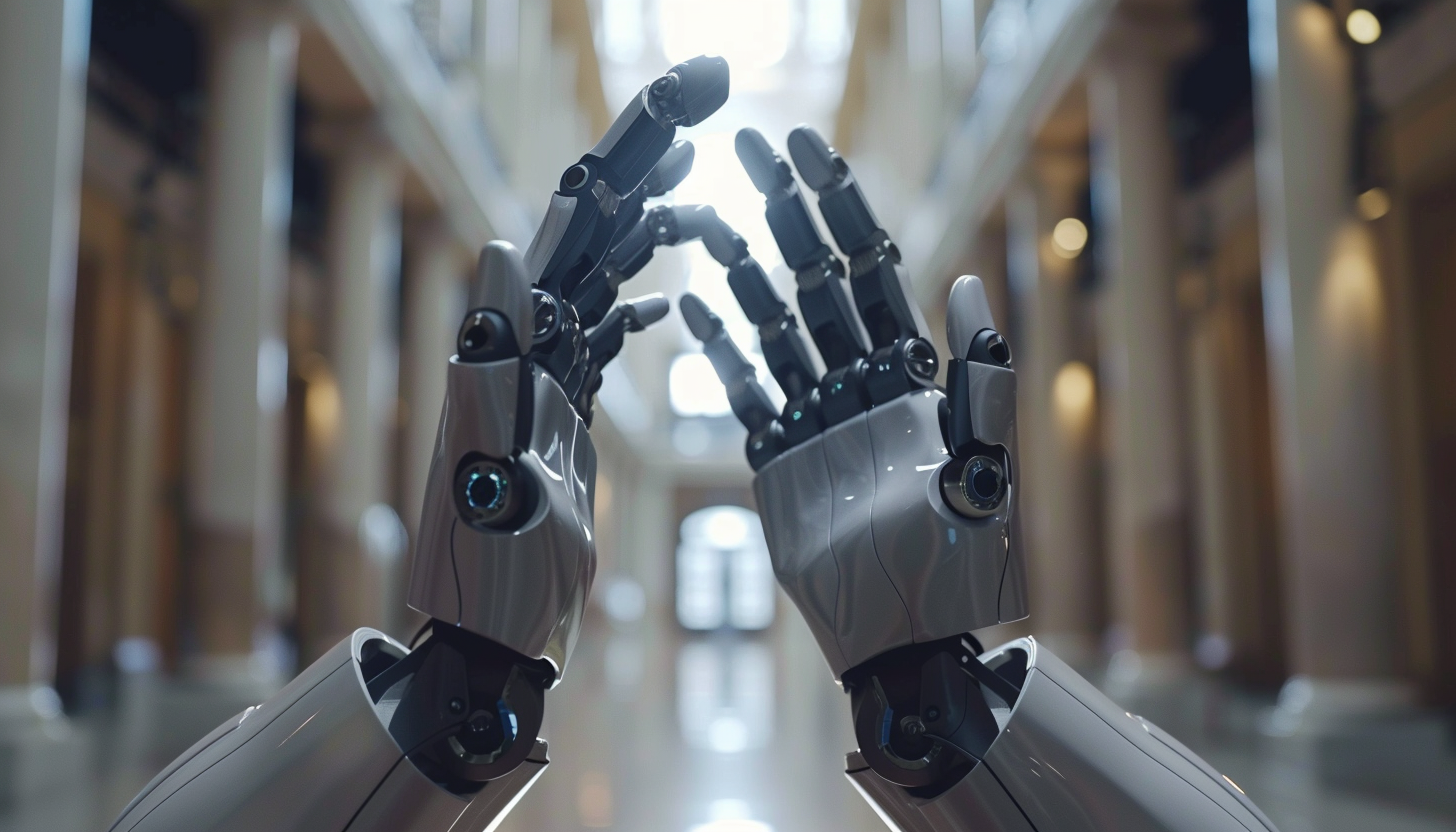TL;DR:
- AI can help upskill professionals faster, potentially leading to promotions.
- Generative AI can help people explore new career paths and envision possibilities.
- AI-assisted learning is becoming more accessible and affordable.
How AI is Reshaping Career Development
The ever-evolving landscape of artificial intelligence (AI) is not only transforming industries and businesses, but also fundamentally reshaping how people approach career development in Asia. Accessible generative AI, a specific type of AI that can create new data, is empowering individuals to upskill their professional expertise at an accelerated rate, opening doors to exciting new career possibilities.
This transformative potential of AI is not merely theoretical. Experts predict that AI-powered tools can significantly speed up the time it takes for workers to reach peak performance in their roles, potentially leading to faster promotions and career advancement. According to Lareina Yee, a senior partner at McKinsey, individuals with less experience are particularly embracing AI technology to demonstrate expertise and climb the professional ladder quicker.
“It accelerates their ability to demonstrate expertise,” Yee said. “Strategic AI usage can speed up the time it takes for workers to reach peak performance in their role, which often makes up the first year of a job.”
This accelerated learning translates into tangible benefits for both employees and employers. As workers gain proficiency faster, they become more valuable assets to their organizations, contributing to increased productivity and improved performance.
Democratizing Learning: How AI is Breaking Down Barriers
AI is not only accelerating the pace of learning, but also making it more accessible and affordable. With the emergence of AI-powered learning platforms like Khanmigo and Inflection AI, individuals no longer require expensive traditional education to acquire new skills and qualifications.
These platforms offer personalized learning experiences tailored to individual needs and learning styles, making knowledge acquisition more efficient and effective. Additionally, the affordability of these platforms removes financial barriers, opening doors for individuals who might not have otherwise been able to afford further education.
The Human Factor: Considerations in AI-powered Career Transitions
While AI offers undeniable advantages in career development, it is crucial to acknowledge the human element that remains central to the process. Even with AI-powered learning tools, human decisions still play a critical role in career transitions, particularly during the hiring process.
Karen Panetta, a fellow at the Institute of Electrical and Electronics Engineering, emphasizes the importance of being mindful of potential biases that can be inadvertently incorporated into AI-powered hiring algorithms. These biases can limit opportunities for qualified candidates, highlighting the need for human oversight and ethical considerations in the development and deployment of AI-powered tools.
Conclusion: AI – A Powerful Ally in Your Career Journey
Despite the limitations, AI presents a powerful force for positive change in the realm of career development. By leveraging the capabilities of AI-powered learning platforms and tools, individuals can upskill faster, explore new career paths, and unlock their full potential.
As AI technology continues to evolve, it is essential to embrace its potential while remaining vigilant about potential biases and ethical considerations. By harnessing the power of AI responsibly, we can create a more inclusive and equitable future of work, where everyone has the opportunity to thrive and achieve their career aspirations.
Provocative question: Do you think AI will eventually replace the need for traditional education altogether? Why or why not? Let us know in the comments below!
You may also like:
Pivot into an AI job within 6 months!
AI Upskilling: Can Automation Boost Your Salary?
OpenAI Price Drop and “Lazy” GPT-4 Fix: What You Need to Know
Asia’s AI Ascendance: Top 10 Stories
Google and EnterpriseSG Launch Gen AI Accelerator in Singapore to Empower 100 Startups
Or check out Khan Academy, which is a prime example of how AI is being used to democratise education and make learning more accessible, and use AI for career advancement.




 Prompts1 month ago
Prompts1 month ago


 Life2 months ago
Life2 months ago


 Life2 months ago
Life2 months ago


 Business2 months ago
Business2 months ago


 Business2 months ago
Business2 months ago


 Learning2 months ago
Learning2 months ago


 Marketing2 months ago
Marketing2 months ago


 Business2 months ago
Business2 months ago




















